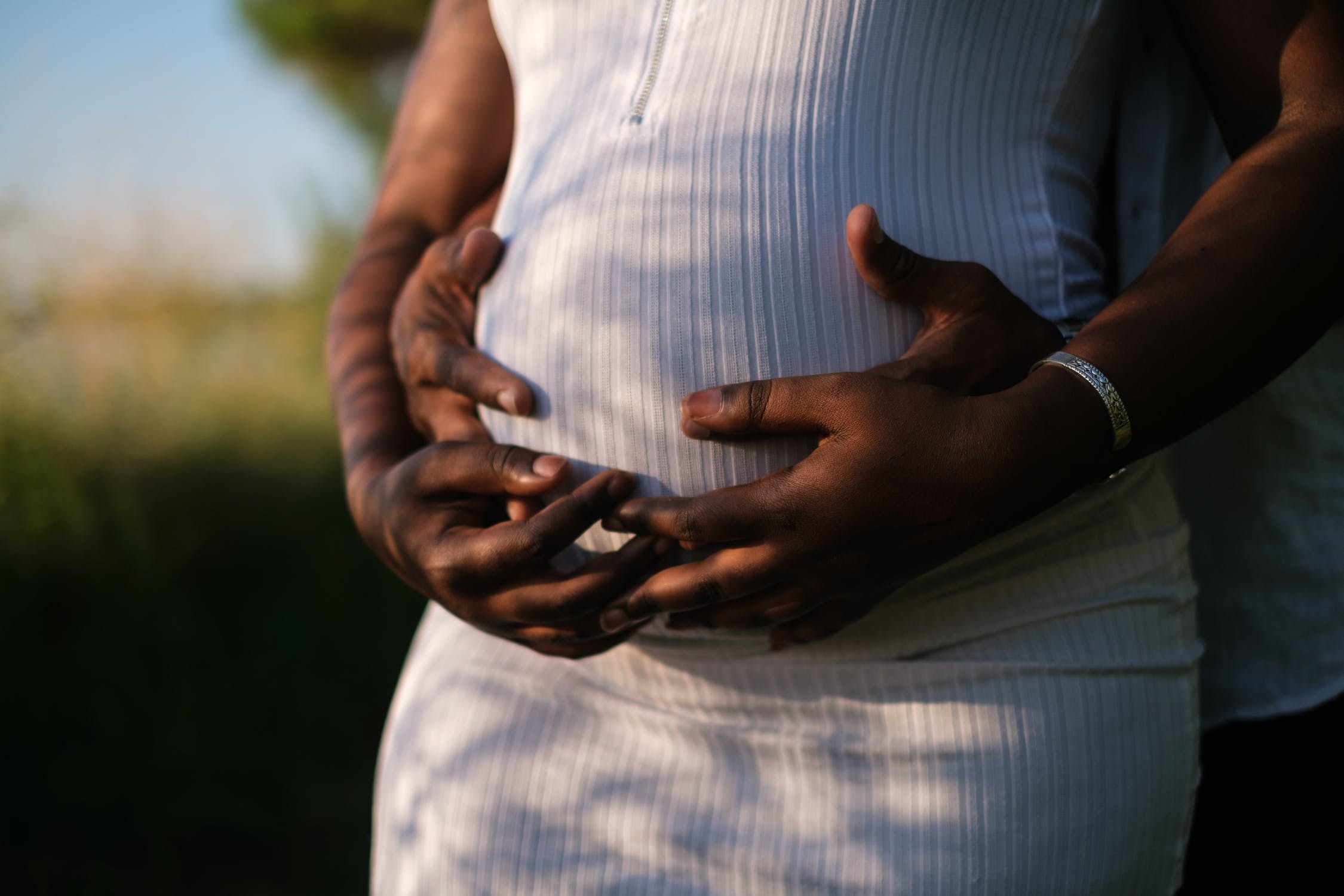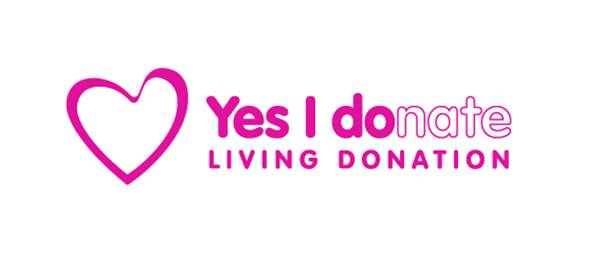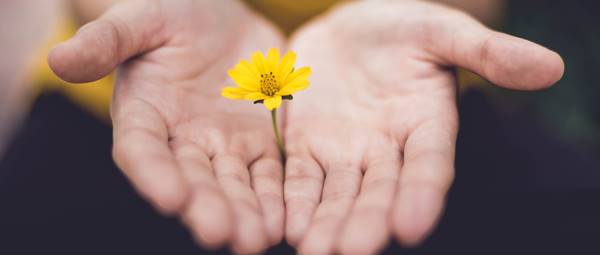Kidney donation, pregnancy and fertility
If you’ve thought about being a living donor but plan to have children in the future you might have wondered whether donation could affect your fertility, pregnancy, child-birth and the baby. This information is intended as a general guide and should be used together with advice from your assessment team to help you to decide whether donation is right for you.
Yes. Many women have had babies after donating a kidney without any impact on the pregnancy from the kidney donation. In general, women may choose to wait until they have completed their family before becoming a living donor. This is for practical as well as health reasons. Research in this area is limited but careful discussion and counselling about the potential risks are essential to avoid undue risk for any woman of child-bearing age who plans to donate. We recommend that all women who become pregnant after donating a kidney are seen by their care team regularly throughout their pregnancy, to check their blood pressure, kidney function and the developing baby’s well-being.

Will donating a kidney cause additional risk to you during pregnancy or child birth?
For most women, no. However, some studies suggest that there is an increased risk of both high blood pressure alone and pre-eclampsia (high blood pressure with protein in the urine). During most pregnancies, the kidney and draining systems (ureter) relax and stretch due to hormones and the growing baby. This is known as hydronephrosis. These changes usually have no consequences and return to normal after the baby is born. If the left kidney has been donated, there is a theoretical risk that reduced drainage from the remaining right kidney might require treatment. This chance of this happening is thought to be very small.
Will donating a kidney have any impact on a developing baby’s health?
Donating a kidney does not appear to have a negative impact on the developing baby. The growth of the baby is normal, and there is no increase in the baby being born early (prematurity) or by caesarean section.
How long after donating should you wait before trying to become pregnant?
The removal of a kidney is a major operation, and we suggest you wait until you have completely recovered and are back to your full level of activity. It is usual to wait at least six months before becoming pregnant. In the UK, all donors are seen for regular review, and information is collected about any health problem they may develop. This includes information about any pregnancies, which will increase our understanding of any risks and help women decide when to donate in the future.
Could donation affect a man's ability to father a child?
There is no evidence that removal of a kidney affects a man’s fertility.
Become a living kidney donor
More information
Kidney donor health

Help promote living donation
Order or download a range of materials, including faith-specific leaflets.
Can’t find what you’re looking for?
For general enquiries
Email: enquiries@nhsbt.nhs.uk
Or call: 0300 123 23 23



